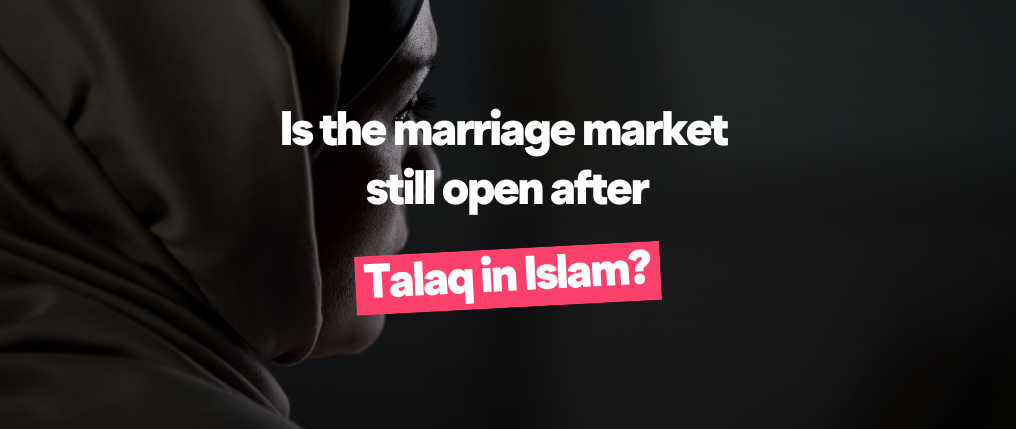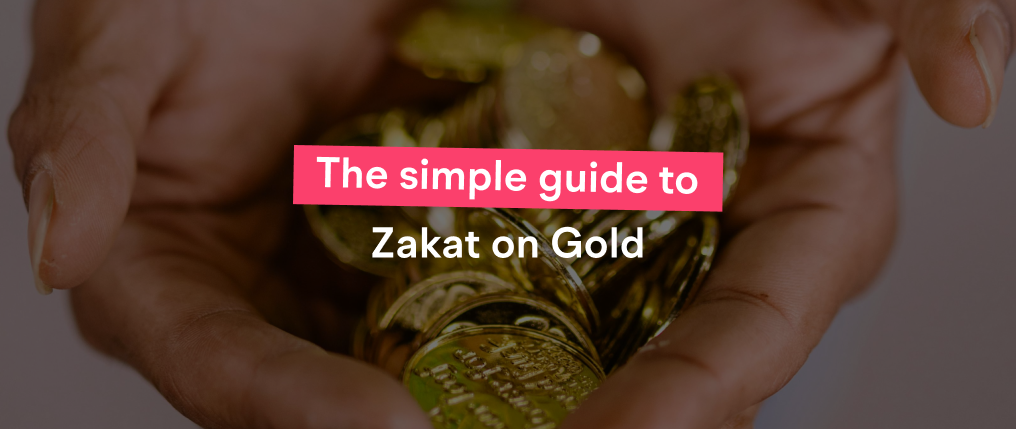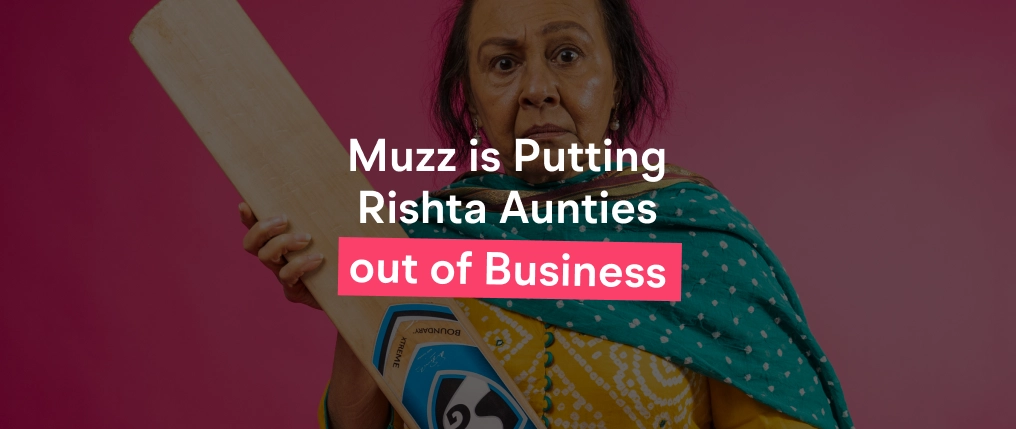
Understanding Zakat: A Guide to Calculation, Eligibility, and Distribution
May 9, 2023

As we’re at the start of Ramadan we’ll all try to increase our good deeds and Ibadah, and especially complete the pillars of Islam (praying, fasting, and Zakat). Some of you might be rushing to calculate how to pay your Zakat. This can be a confusing process, which is why we’ve put together this guide, to InshAllah simplify it for you.
Hazrat Abu Darda (R.A) narrates the Prophet Muhammad said: “The one who pays Zakat on his wealth, has purified his wealth”.


Looking for your soulmate?
You won’t find your soulmate on this blog post but you might find them on Muzz - the world’s biggest Muslim dating and marriage app.
1) What is Zakat?
Zakat is the third pillar of Islam. There are two different types of Zakat:
Zakat al fitr: This is charity given to the poor at the end of Ramadan (it must be given before Eid prayer) and is compulsory of all Muslim, no matter the age. Some times, the head of a family might pay Zakat on behalf of those dependent them such as children or spouses.
Zakat al maal: This type of Zakat is also compulsory for Muslims and is typically 2.5% of your wealth. Fun fact: “Maal” literally means wealth.
This money goes towards the needy and is an obligation the fortunate have to help others.
Zakat al maal can be paid anytime of the year, but usually Muslims take advantage of the blessings of Ramadan and pay it within the holy month, in particular the last ten days.
2) Who is eligible for Zakat?
To Pay Zakat, you must be:
-Muslim (non-Muslims don’t pay Zakat)
-An adult (have reached the age of puberty)
-In ownership of your Nisab (the minimum amount of wealth a Muslim must have held for a year for Zakat to be due)
3) Where does the Zakat go?
Eight types of people can receive Zakat according to the Holy Quran (9:60, 17:26):
1. Miskin: This refers to the very poor including people who can’t afford food, clothing or shelter.
2. Fuqara: Those who have less wealth than the Nisab level.
3. Aamileen: The Zakat collectors can be paid for their work from Zakat funds.
4. Muallafatul Quloob: The poor who need Zakat to strengthen their hearts.
5. Ar-Riqaab: Slaves that need to be freed, some modern interpretations include helping those out of human trafficking.
6. Ibnus-Sabeel: A traveller who is stranded can benefit from Zakat.
7. Al Ghaarimeen: People whose debt is greater than their assets, so if the debt was paid off, their remaining wealth would be below the Nisab level.
8. Fi Sabeelillah: People that are on the path of Allah and are in need (e.g. people on Hajj).
4) How to calculate Zakat?
Zakat is calculated by deducting 2.5% of your combined wealth, including gold, silver, investments etc. This sounds super complicated but luckily you can calculate this easily now using a Zakat calculator online.
DONATE YOUR ZAKAT
We would just like to remind you that we’re raising money to build two mobile clinics for thousands of Palestinian families who have reduced health care access in Palestine. This project is 100% Zakat eligible, so please do donate your Zakat and multiply your blessings this Ramadan.

Latest Stories
Share this story

